Twitter Anniversary: Here’s a sneak peek at Twitter’s evolution since 2006
New Delhi: Twitter has been in the news in 2022 for a variety of reasons. The first is the nomination of a new CEO, Parag Agarwal, who would replace co-founder Jack Dorsey, followed by Elon Musk's large stake purchase. In April of this year, Tesla CEO Elon Musk declared his intention to buy the social networking business for $44 billion. Musk, on the other hand, recently backed out of the deal, claiming that Twitter was refusing to give data on spam accounts. But how did Twitter grow into the social media behemoth that it is today?
)
Twitter introduced Stories and Spaces to its platform in 2020. However, Stories were later withdrawn owing to a lack of user engagement.

While Twitter began with a character limit of 140, it was raised to 280 in 2017.

To combat online bullying and harassment, Twitter introduced an anti-abuse feature that allows users to filter, ban, and report objectionable information. DMs were also brought to the site by the company.
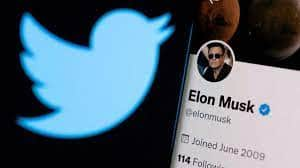
As Twitter accumulated over 100 million new users in 2010, the business implemented a sponsored tweets option as a revenue-generating function.

After several celebrities complained about phoney accounts using their identities, Twitter implemented the Verified account system and the verification tick in 2009. The capability of retweets was implemented to the platform the same year.

In 2007, the social networking business introduced hashtags to its platform, which was met with scepticism at first. It did, however, communicate with Twitter users, and hashtags became an important component of its operation.
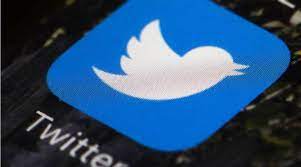
Twitter, along with Facebook, led a global social media revolution, and the microblogging service quickly gained popularity.
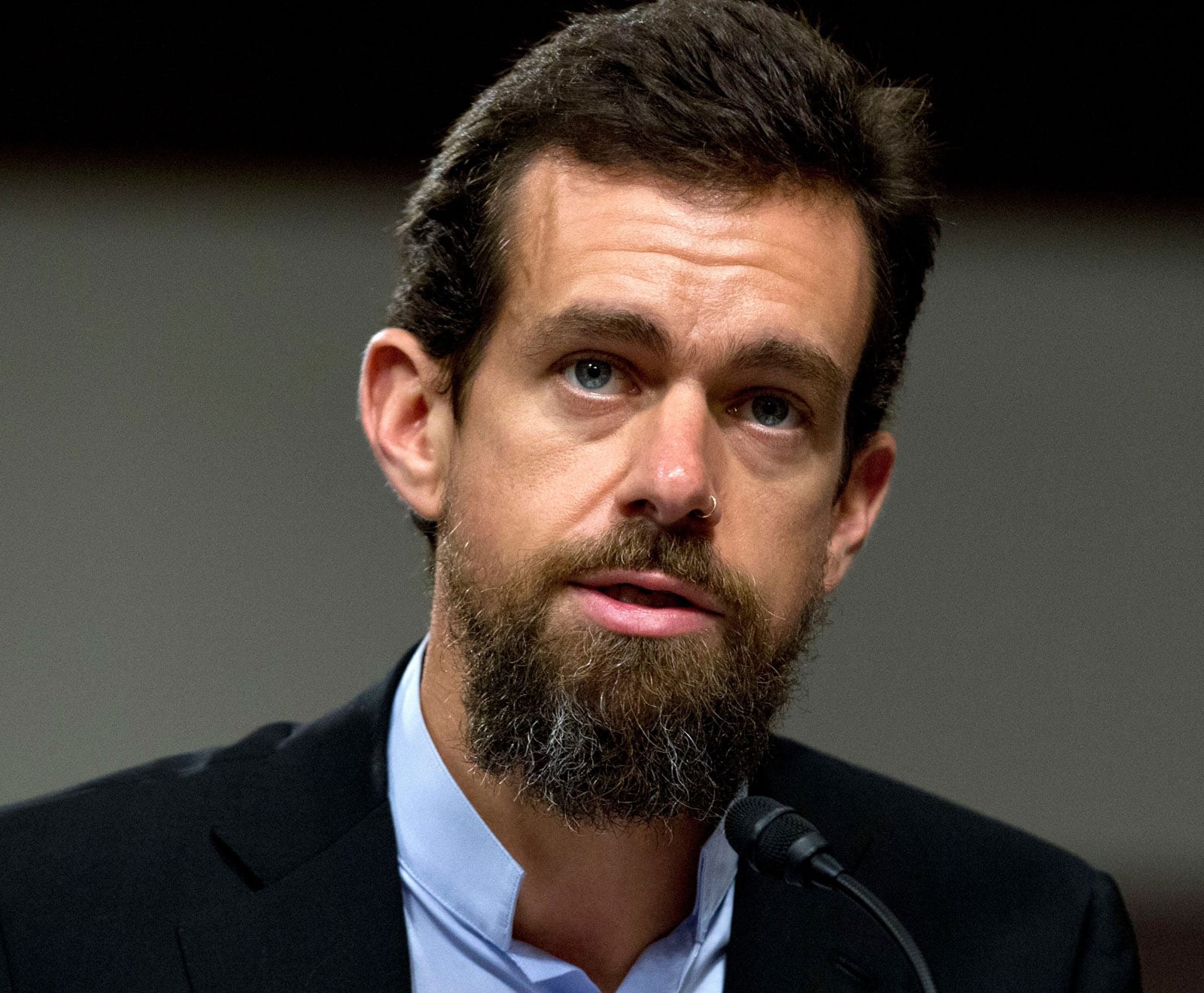
The following year, Dorsey became CEO of Twitter Inc, which became independent the following year.

Dorsey put out the first tweet on March 21, 2006, and nearly four months later, on July 15, 2006, Twitter was born.
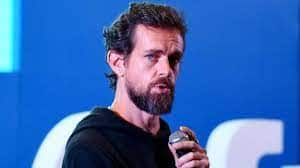
Dorsey began working on the project, which was initially termed "Twttr," after receiving consent from management.
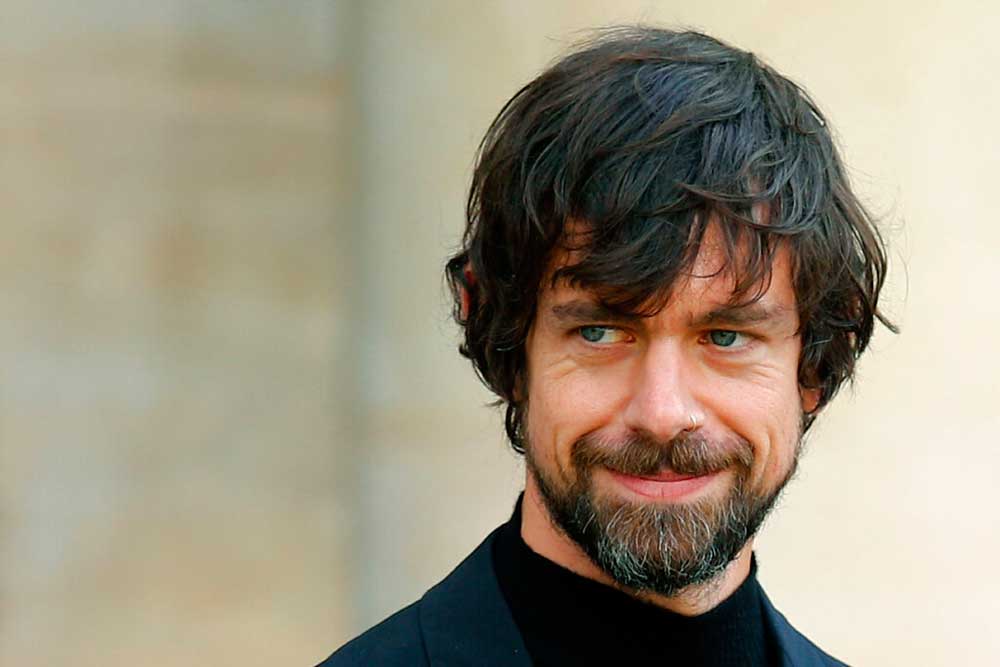
Twitter was inspired by Odeo, a podcasting venture where Jack Dorsey worked as an engineer. Odeo's management realised they needed a fresh strategy once Apple announced plans to bring podcasts to iTunes. Just then, Dorsey had the idea for a short message service (SMS) that would allow users to publish brief blog-like updates with their pals.

